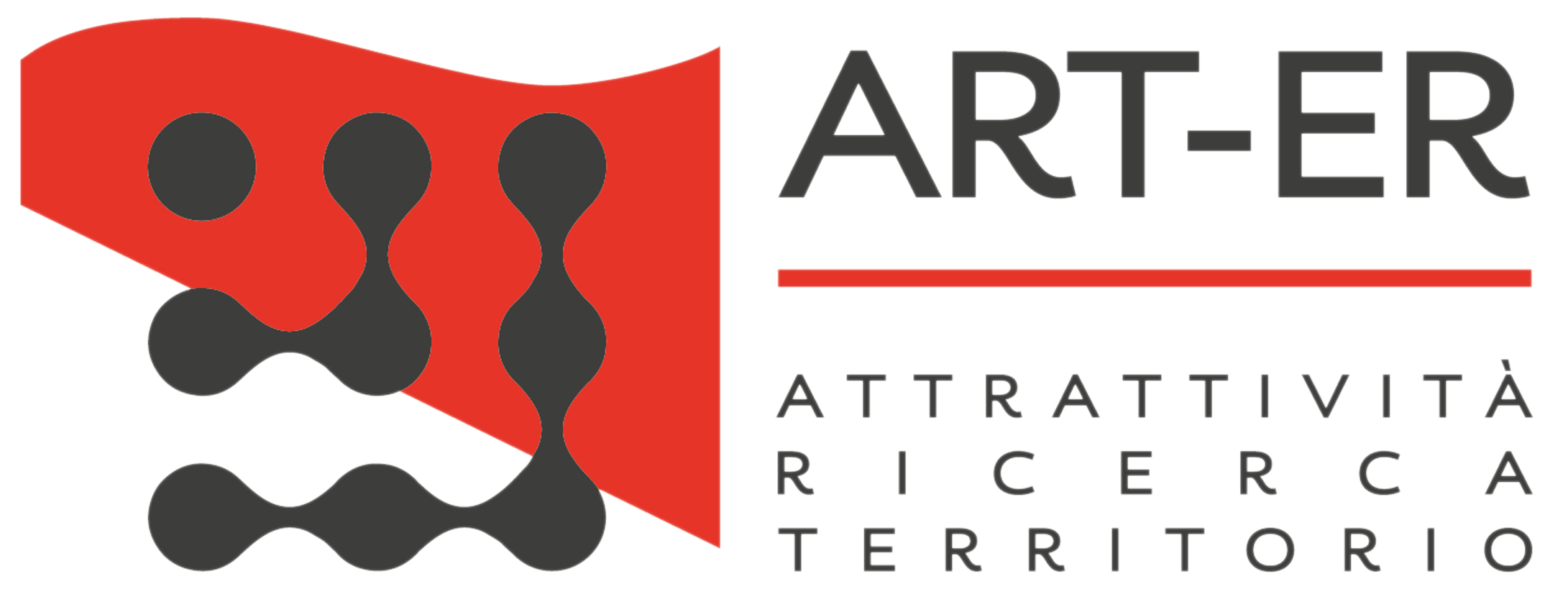INTERNATIONAL MISSIONS
Clust-ER Health participates in the Emilia-Romagna region’s mission to South Korea
From 23 to 29 March 2024, a delegation from the Emilia-Romagna region, with the participation of several regional Clust-ERs including ours, visited South Korea to explore collaboration opportunities in various sectors, with a focus on health and life sciences.
Cluster Manager Sauro Vicini had the opportunity to participate in a busy programme of meetings and site visits to strengthen relations with the Italian representations in the country, identify actions promoted by the Emilia-Romagna region that are consistent with national planning, and identify areas and initiatives of possible interest for the economic industrial sector and the promotion of the regional territory to attract investment. Moreover, the development of relations between universities for the attraction and mobility of talents and for the identification of common interests underlying possible joint research programmes is another of the objectives that the regional ecosystem is decisively promoting within its strategy.
The regional potential and its excellence in terms of infrastructure and research, innovation and training capacity at university and post-graduate level were in fact represented through a set of actors that participated in the mission, namely universities, Clust-ERs, business associations and companies.

The regional mission included meetings with important institutional interlocutors, starting with the Italian system present in Korea (Embassy and ICE) and the Korea Foundation, a diplomatic organisation set up in 1991 to promote a better understanding of Korea and strengthen friendship in the international community. The mission began with a restricted meeting at the Italian Embassy in Seoul, where Ambassador Emilia Gatto introduced the delegation to the socio-economic dynamics of South Korea. This meeting laid the groundwork for an in-depth understanding of the Korean context, which was fundamental for the subsequent discussions.
Moreover, the mission programme, in line with the priority and innovative sectors of the regional economy (Big Data, AI and HPC; Automotive; Aerospace; Agroindustry and Agro-Mechanics; Life Sciences and Biotechnology; Green Technologies; Culture and Creativity) as well as with the areas in which South Korea expresses a high economic and technological potential, envisaged a series of meetings aimed at establishing relations and promoting cooperation with Korean bodies and organisations in the fields of research and higher education, as well as industry in general.
Seoul Bio Hub
One of the highlights of the mission was a meeting at the Seoul Bio Hub, an innovation centre for life sciences, where the delegation was welcomed by Director General Hyunwoo Kim and Team Leader Chang Geun Lee. Seoul Bio Hub is a life sciences innovation centre, promoted by the Seoul Metropolitan Government and operated by the Korea Institute of Science and Technology (KIST) and Korea University (KU). Launched in 2017, it hosts 109 companies including 35 in pharmaceuticals, 30 in medical devices and 35 in digital health.
The Hub supports collaborations with global companies such as Johnson & Johnson, Janssen, Novartis and MSD to commercialise innovative technology ideas and provides support for start-ups through shared labs and equipment, office space, networking events, training programmes and investor relations opportunities. During the visit, a strong interest in hosting Italian and European start-ups emerged.

Meeting with KAIST
The delegation also visited the Korea Advanced Institute of Science and Technology (KAIST) in Daejeon, one of the leading research universities in Korea, with strong programmes in STEM disciplines. It comprises six research institutes in the fields of BioCentury, IT Convergence, Robotics, NanoCentury, Health Science and Technology, and AI. KAIST’s strategy includes the promotion of high-impact topics and the incubation of new research topics until they mature. During the meeting with Vice President Prof. Kyung-Soo Kim, academic exchanges and proposals for collaboration in interdisciplinary research projects were discussed. The meeting highlighted the mutual interest in promoting technological and scientific innovation through international collaborations.
National Supercomputing Center – KISTI
The visit to KISTI’s National Supercomputing Centre provided a unique opportunity to explore South Korea’s advanced supercomputing capabilities. The delegation met with Dr. Jaesoo Kim, President of KISTI, and other representatives. Discussions focused on how to use supercomputing for research in biotechnology and medicine, paving the way for potential collaborations with Italian research institutions for big data analysis and advanced epidemiological modelling.
Meeting with the International Vaccine Institute (IVI)
Very important was the meeting with representatives of the International Vaccine Institute (IVI), including Silvia Kim and Youngmi Cho, regarding collaborations in vaccine research and development.
The IVI is an international non-profit organisation founded in 1997 to develop vaccines against infectious diseases that affect the world’s poorest populations. It focuses on vaccine research and development, international collaborations and capacity building through training and technology transfer. It has collaborations with the University of Pisa and the University of Heidelberg, and may actively collaborate with Italian research institutions such as CINECA and INFN for epidemiological analyses and big data.

The mission to South Korea therefore represented a significant step towards strengthening the Emilia-Romagna region’s international relations in the field of health and life sciences. The collaborations discussed during the mission open new opportunities for the development of innovative technologies and for the support of biomedical start-ups. This trip not only strengthened existing ties, but also laid the foundations for future collaborations that promise to bring significant benefits to both regions.





